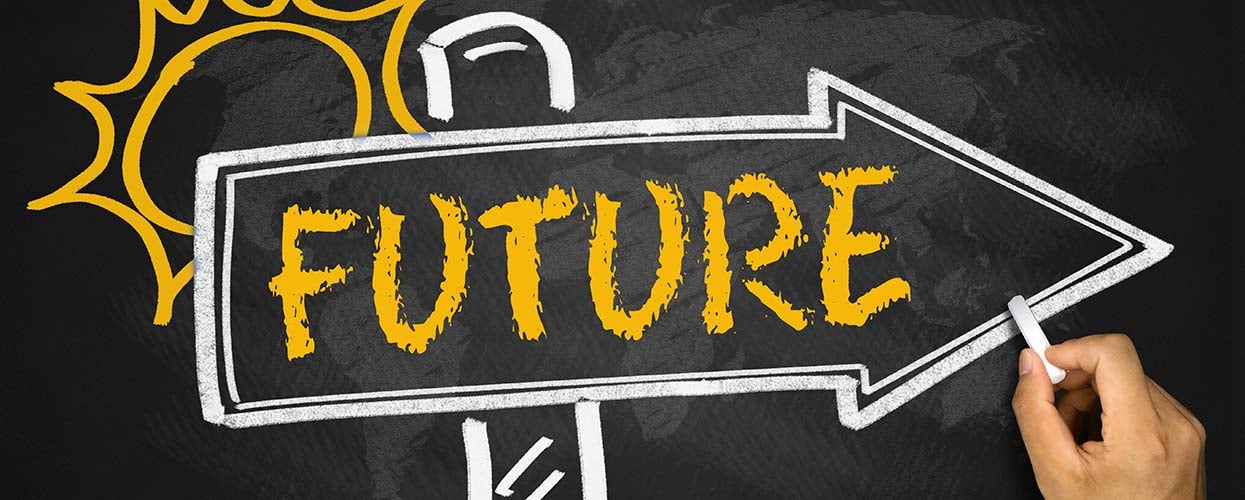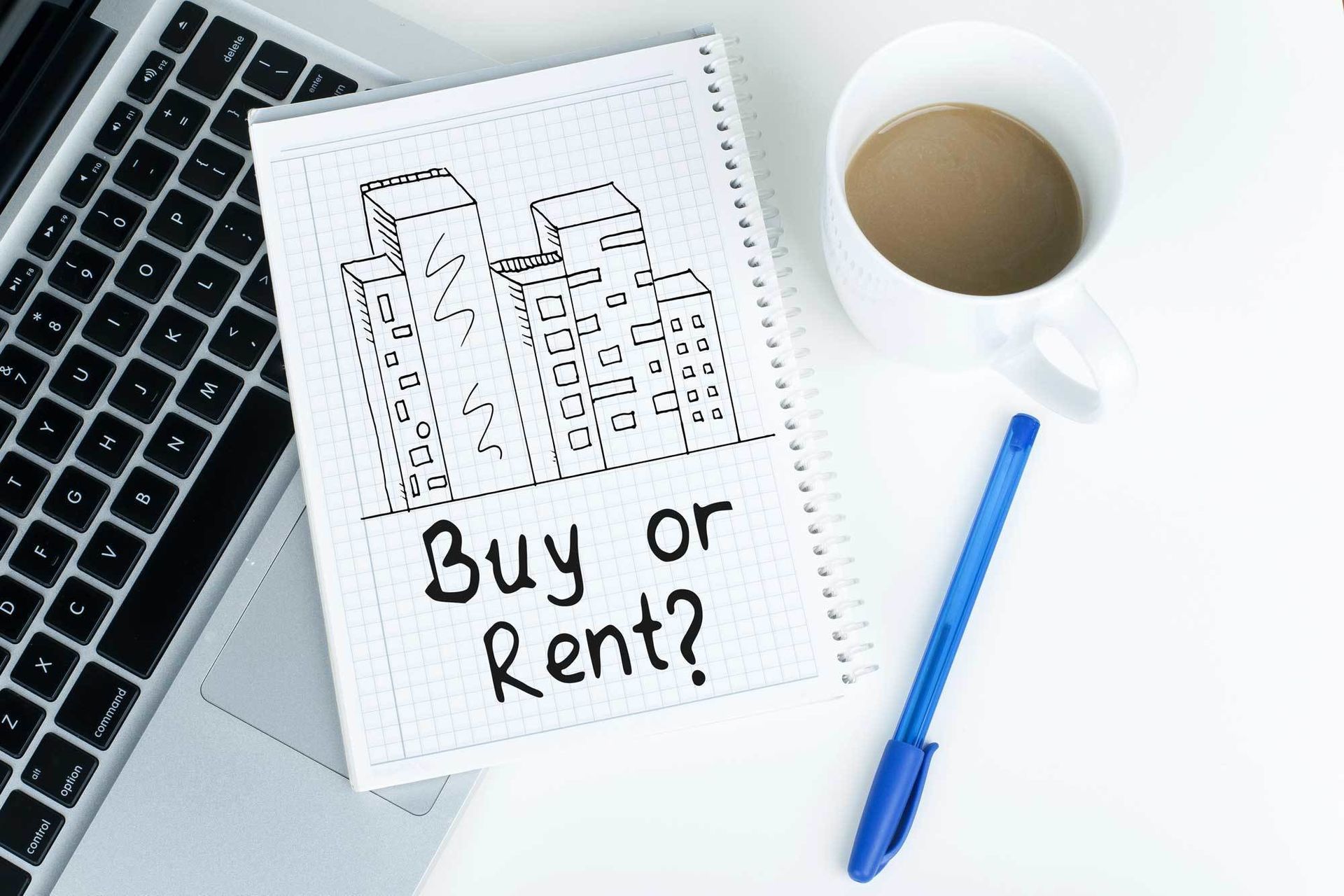Are you trying to decide whether renting or buying a home is the right choice for you? There are advantages and drawbacks to both options that are important to consider. This guide will help you weigh the key factors so you can make the best decision for your situation and needs.
Renting a Home

Advantages of Renting
Flexibility
One of the biggest perks of renting is the flexibility it provides. Rental agreements are typically shorter-term, such as month-to-month or one-year leases. This makes it easier to relocate for a job, downsize, or move to a new neighborhood or city.
Lower Upfront Costs
Renting usually requires less money upfront compared to buying. Renters generally pay a security deposit equal to one or two months’ rent. When purchasing a home, you need to have a sizable down payment, which is typically 20% of the purchase price for conventional loans.
Fewer Responsibilities
As a renter, you are not responsible for maintenance, repairs, or renovations. If an appliance breaks or the roof starts leaking, the landlord or property manager handles it, not you. Renters also don’t have to pay property taxes or homeowners insurance.

Drawbacks of Renting
No Equity
Rent payments don’t build equity or provide a return on investment like mortgage payments can. At the end of your lease, you walk away without owning anything, whereas homeownership allows you to build wealth over time as you pay off the mortgage.
Less Stability
While renting offers flexibility, it also means less long-term stability. Your landlord may decide to sell the property or not renew your lease for other reasons. This could force you to move suddenly even if you want to stay put.
Limited Freedom
Most rental properties have restrictions about painting, renovating, and owning pets. Some may even limit your choice of window coverings or prohibit you from changing the locks for added security. Renters have less freedom to personalize their space compared to homeowners.
Buying a Home

Advantages of Buying
Building Equity
With each mortgage payment, you build equity in your home. This forced savings grows your net worth over time. When you eventually sell, you may earn a sizable profit if your home has increased in value. According to CoreLogic, the average homeowner gained $33,400 in equity in 2020 alone.
Tax Benefits
Homeowners can deduct mortgage interest and property taxes when filing income taxes. This is a substantial financial perk that isn’t available to renters. Be sure to consult a tax professional about your specific situation.
Freedom to Renovate
Since you own the property, you can update and personalize your home as you wish. Paint the walls, replace the flooring, finish the basement, or redo the landscaping – the possibilities are endless. Renovations not only improve your enjoyment of your home but can also boost its resale value.

Drawbacks of Buying
Higher Upfront Costs
Buying a home is a major financial commitment that requires a large chunk of cash for the down payment and closing costs. You’ll likely need several thousand dollars to cover these expenses. Saving 20% is ideal to avoid private mortgage insurance, which increases your monthly payment.
Responsibility for Maintenance
All the costs and labor of maintenance and repairs fall on you as the homeowner. Whether it’s a broken dishwasher, a leaky roof, or a failing HVAC system, you’ll have to handle it. Home maintenance can cost anywhere from 1-4% of your home’s value each year. It’s wise to budget at least 1% to cover these inevitable expenses.
Less Mobility
Homeownership tends to tie you to a location for longer than renting. If you need to relocate, the process of selling your home can take a while depending on market conditions. This can make it harder to move quickly for a job opportunity or other reason.
Key Factors to Consider

Financial Readiness
Assess your financial situation honestly to see if you’re ready for homeownership. Determine how much you can comfortably afford for upfront costs and a monthly payment. Make sure you still have ample savings left over for emergencies and other financial goals like retirement.
Timeframe and Lifestyle
Think about your future plans and desired lifestyle. Do you expect to stay in the same area for at least 5 years? Do you want the flexibility to travel or are you ready to put down roots? Your timeframe and lifestyle are important factors in deciding whether to rent or buy.
Local Market Conditions
Research the local housing market to see if buying or renting is more affordable. In some high-cost areas, renting can make more financial sense. Use a rent vs. buy calculator to compare the costs in your specific market.
For more information on renting vs. buying, check out these helpful resources:
- Rent vs. Buy Calculator from NerdWallet
- 5 Reasons to Buy a Home and 5 Reasons to Rent from US News & World Report
- Renting vs. Buying a Home: Which is Right For You? from Investopedia
The decision to rent or buy is highly personal and depends on your unique circumstances. Carefully consider the pros and cons, assess your financial readiness, and think about your future plans. By weighing these key factors, you can make the right choice for you and your family.

